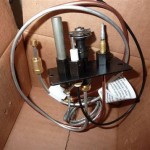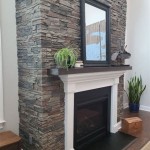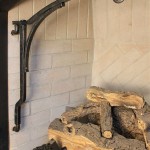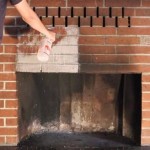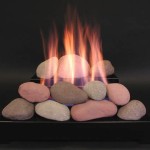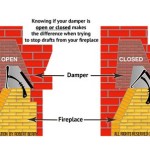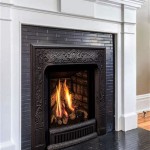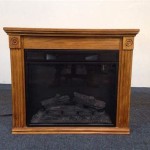Firewood for Gas Fireplaces: Essential Aspects to Consider
Firewood plays a crucial role in enhancing the ambiance and warmth of a gas fireplace. While it may seem like a simple matter of grabbing any type of wood, there are several key factors to consider when selecting firewood for a gas fireplace to ensure optimal performance and safety.
Types of Firewood
Not all types of firewood are suitable for gas fireplaces. Seasoned hardwoods, such as oak, hickory, or maple, are ideal as they burn slowly and produce a steady flame. Avoid using softwoods like pine or cedar, as they tend to burn quickly and create excessive smoke.
Splitting and Size
Firewood should be split into small pieces that are approximately 16 to 20 inches long and 2 to 3 inches thick. This allows for ample air circulation and prevents the logs from smoldering or creating excessive ash.
Moisture Content
The moisture content of firewood is critical for burning efficiency. Seasoned firewood has a moisture content of less than 20%. Using firewood with higher moisture content can result in incomplete combustion, smoke, and reduced heat output.
Chimney Maintenance
Regular chimney maintenance is essential when burning firewood in a gas fireplace. The accumulation of ash, soot, and creosote can impede proper airflow and increase the risk of fire. Have your chimney inspected and cleaned annually by a qualified chimney sweep.
Tips for Using Firewood
To make the most of your firewood, consider these tips:
- Store firewood in a dry, well-ventilated area to prevent moisture buildup.
- Avoid stacking firewood against the walls of your house, as this can attract insects and rodents.
- Do not overload the fireplace with wood. Excess wood can block airflow and cause incomplete combustion.
- Use a fire starter to ignite the wood and establish a proper flame.
- Never leave a burning gas fireplace unattended.
Conclusion
By selecting the right firewood, preparing it properly, and adhering to safety guidelines, you can enhance the ambiance and warmth of your gas fireplace while ensuring its optimal performance and longevity. Remember to prioritize seasoned hardwoods, split the wood to the appropriate size, manage moisture content, and maintain your chimney regularly. By following these essential aspects, you can create a cozy and inviting atmosphere in your home.

5 Reasons Why Gas Logs Are A Better Alternative To Firewood G B Energy

How Do Gas Logs Work Hocon

How Long Do Gas Logs Last To Replace Fireplace

Pleasant Hearth Wildwood 24 In Vent Free Dual Fuel Gas Fireplace Logs Vfl2 Ww24dt The Home Depot
How To Arrange Gas Logs Howstuffworks

How To Convert A Wood Burning Fireplace Gas Logs Woodlanddirect Com

What Kind Of Logs Do Gas Fireplaces Use Ace Robbins

Convert Gas Fireplace To Wood

Why Is It Important To Get My Gas Fireplace Logs Clean Regularly

Rasmussen Wb White Birch Gas Logs Only

